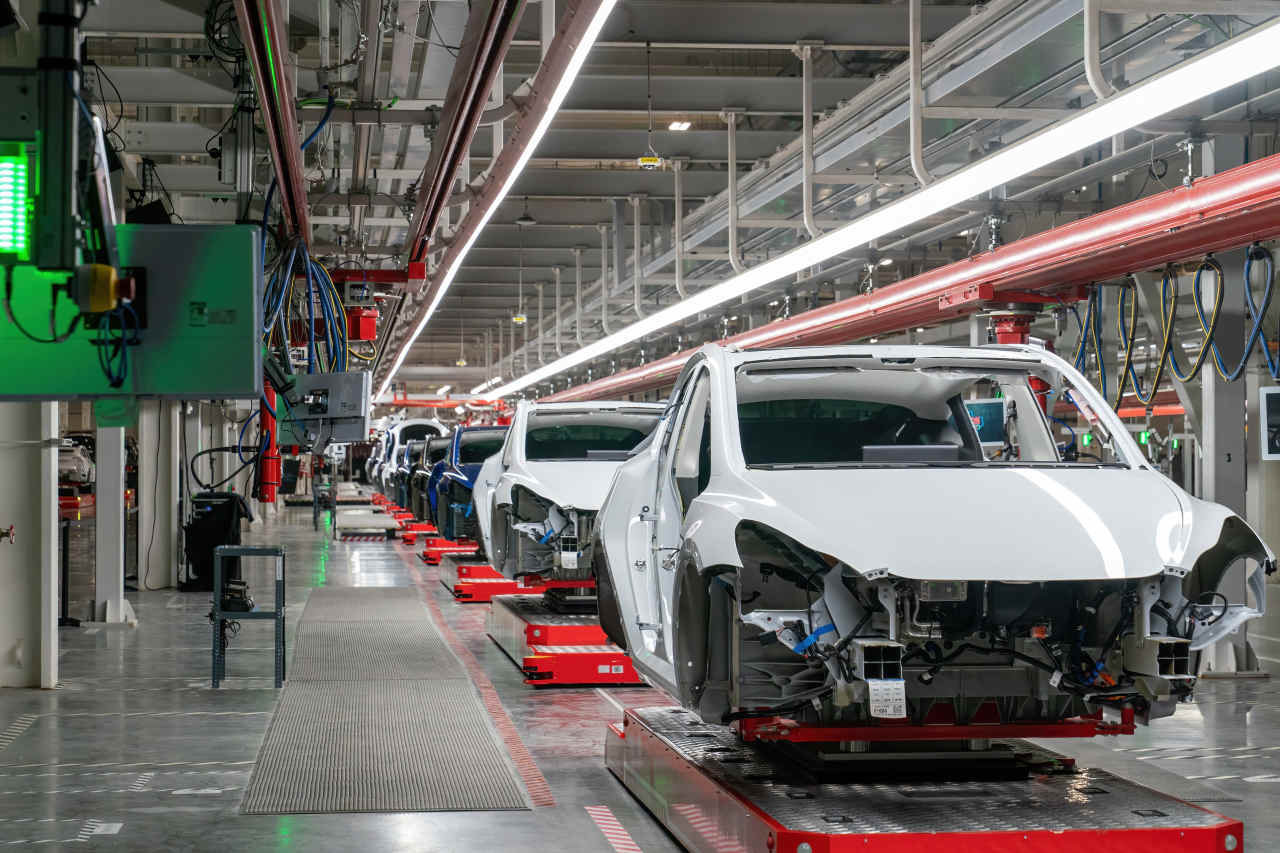Technology
Electric Vehicles Drive Up Car Prices as Production Costs Rise

The rising costs of electric vehicles (EVs) are significantly impacting the overall price of new cars, according to industry analysts. As manufacturers grapple with high production expenses, consumers are faced with a premium that is pushing average vehicle prices upward.
Electric vehicles remain a major focus for automotive companies, but with an average cost of approximately $60,000 in the United States as of March 2024, they are out of reach for many buyers. The high price tag is attributed to the expensive materials required for batteries and the ongoing challenges in scaling production efficiently.
Production Challenges and Material Costs
Manufacturers like Tesla, Ford, and General Motors are investing heavily in EV technology, but the costs associated with producing high-quality batteries and electric drivetrains are significant. Lithium, cobalt, and nickel, essential components for batteries, have seen fluctuations in prices due to supply chain issues and geopolitical factors.
According to a report from the European Union, the average cost of battery production has not declined as quickly as anticipated. This is a critical factor in maintaining the overall cost of EVs. The report indicates that while some advancements in battery technology have been made, the transition to more affordable EVs remains a complex challenge.
As manufacturers work to lower prices, they are also balancing the need for sustainable practices. The demand for ethically sourced materials has added another layer of complexity to production, further driving up costs.
Market Dynamics and Consumer Impact
The high prices of electric vehicles are affecting the broader automotive market. New data reveals that the average cost of all new cars has increased, partially due to the presence of EVs in showrooms. As more consumers opt for electric models, the overall average price continues to rise, creating a ripple effect across the market.
In the current landscape, buyers are often left with limited options. Many consumers looking for more affordable vehicles find themselves paying more for gas-powered cars as well. According to recent statistics, the average price of a new gas-powered vehicle has climbed to around $40,000, reflecting the broader trend of increasing vehicle costs.
Industry experts suggest that until production costs decrease significantly, consumers will continue to feel the impact of these high prices. The challenge for manufacturers will be to innovate and find cost-effective solutions while meeting the growing demand for electric vehicles.
As the automotive industry evolves, it is clear that addressing the financial barriers associated with electric vehicles will be crucial for widespread adoption. The balance between sustainability and affordability remains a key focus for manufacturers looking to retain their competitive edge in an ever-changing market.
-

 Technology5 months ago
Technology5 months agoDiscover the Top 10 Calorie Counting Apps of 2025
-

 Health2 months ago
Health2 months agoBella Hadid Shares Health Update After Treatment for Lyme Disease
-

 Health3 months ago
Health3 months agoErin Bates Shares Recovery Update Following Sepsis Complications
-

 Technology4 months ago
Technology4 months agoDiscover How to Reverse Image Search Using ChatGPT Effortlessly
-

 Technology1 month ago
Technology1 month agoDiscover 2025’s Top GPUs for Exceptional 4K Gaming Performance
-

 Technology2 months ago
Technology2 months agoElectric Moto Influencer Surronster Arrested in Tijuana
-

 Technology5 months ago
Technology5 months agoMeta Initiates $60B AI Data Center Expansion, Starting in Ohio
-

 Technology5 months ago
Technology5 months agoRecovering a Suspended TikTok Account: A Step-by-Step Guide
-

 Health4 months ago
Health4 months agoTested: Rab Firewall Mountain Jacket Survives Harsh Conditions
-

 Lifestyle5 months ago
Lifestyle5 months agoBelton Family Reunites After Daughter Survives Hill Country Floods
-

 Technology4 months ago
Technology4 months agoHarmonic Launches AI Chatbot App to Transform Mathematical Reasoning
-

 Technology3 months ago
Technology3 months agoUncovering the Top Five Most Challenging Motorcycles to Ride




















